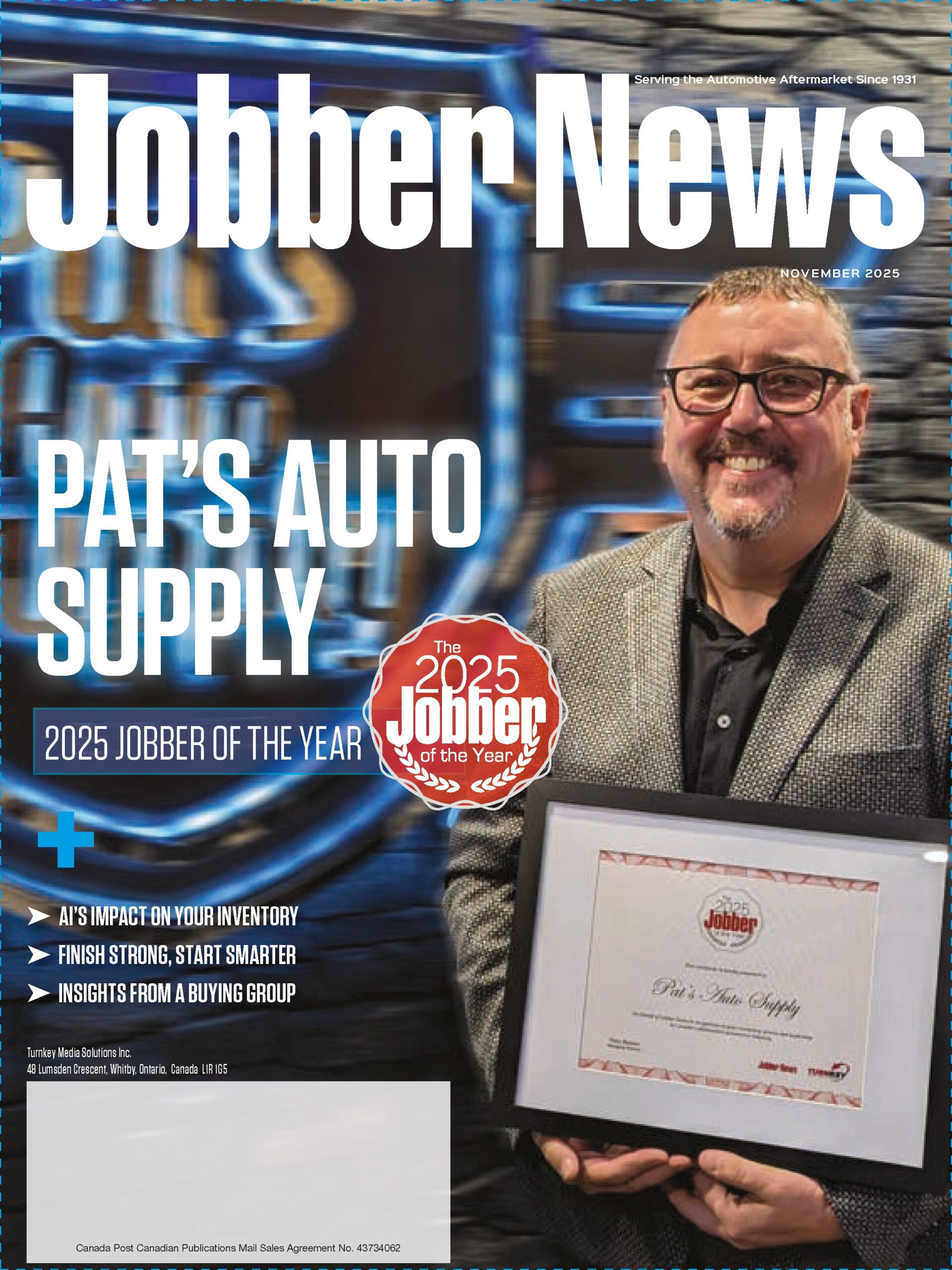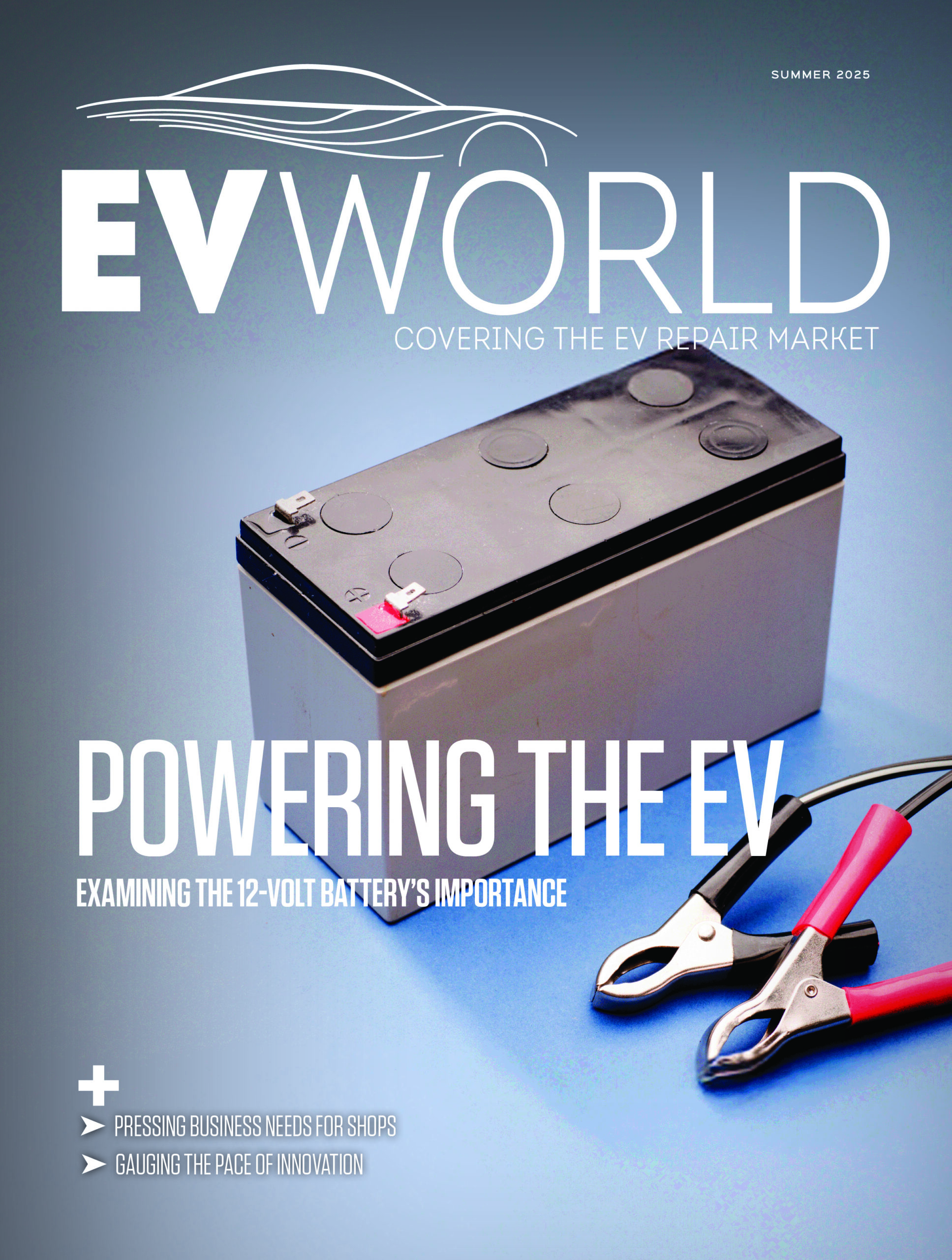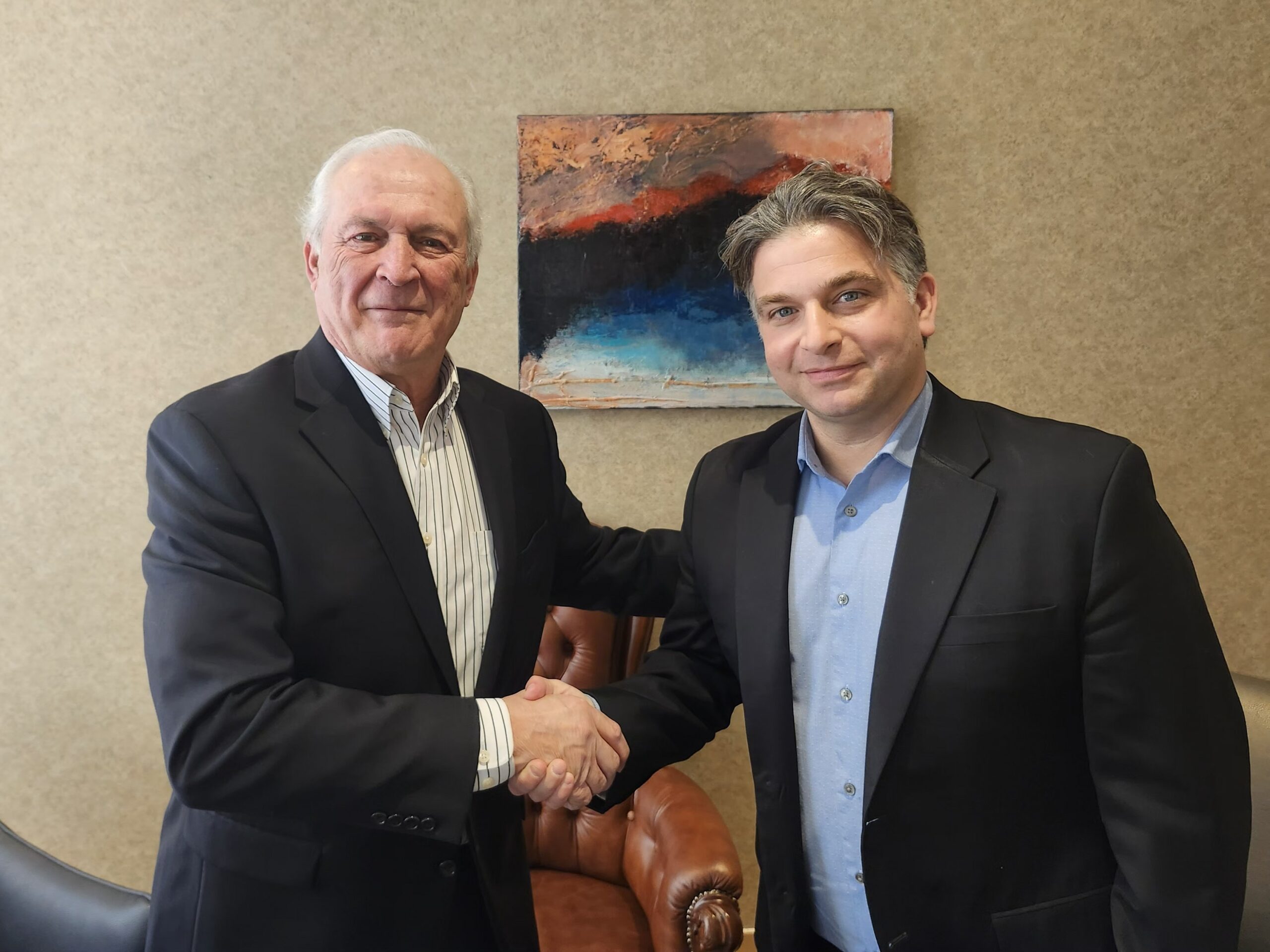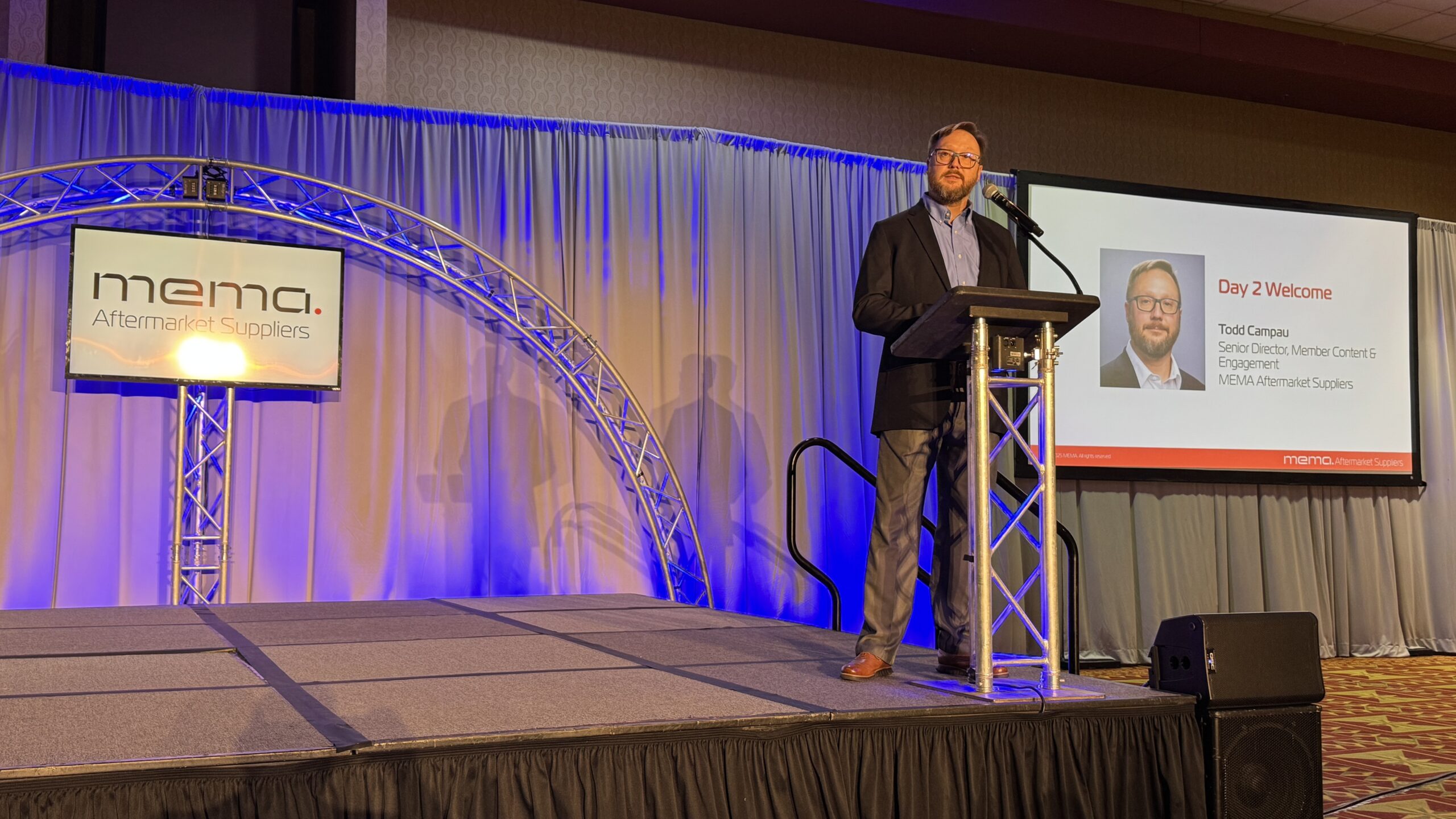
An agreement has been struck between farmers and a major equipment manufacturer in what may signal a larger movement afoot in the right to repair debate.
The American Farm Bureau Federation (AFBF) announced it signed a memorandum of understanding with John Deere that will allow farmers south of the border to repair their own farm equipment or seek repairs from an independent reparier. The agreement was signed during the 2023 AFBF Convention in San Juan, Puerto Rico. The two sides had been having right to repair discussions for many years.
Until now, farmers were only allowed to use parts and service facilities authorized by John Deere instead of cheaper independent repair options.
“A piece of equipment is a major investment. Farmers must have the freedom to choose where equipment is repaired, or to repair it themselves, to help control costs,” said AFBF President Zippy Duvall in a statement. “The MOU commits John Deere to ensuring farmers and independent repair facilities have access to many of the tools and software needed to grow the food, fuel and fibre America’s families rely on.”
Notably, the agreement between the AFBF and John Deere appears to be voluntary. The North American automotive aftermarket has had voluntary agreements put in place with carmakers, though there have been challenges.
Leaders in the automotive aftermarket are calling for a legislated solution. Alana Baker, senior director of government relations with the Automotive Industries Association of Canada, reiterated that position when asked to comment about the John Deere agreement.
“Although this is a good start, enforcement remains a concern. AIA Canada’s position is that voluntary agreements like this do not work,” she told Auto Service World. “Any attempt to achieve the desired outcome for the right to repair must be based on legislative measures, with strong enforcement mechanisms in place to hold players accountable and liable for any violations.”
The Motor & Equipment Manufacturers Association (MEMA) — whose membership includes automotive aftermarket suppliers — places access to vehicle repairs as a top aftermarket policy priority and echoed those feelings to Auto Service World, highlighting the need for enforcement.
“We are encouraged by the intent of the MOU, yet suppliers remain focused on an enforceable resolution that will protect a consumer’s ability to choose where, how, and with what parts to repair a vehicle,” said Catherine Boland, vice president of legislative affairs at MEMA. ” Suppliers support and encourage federal legislation that is nimble to allow for future vehicle technology advances, includes clear enforcement parameters, fairly protects IP, and ensures cybersecure access is the best solution.”
The Auto Care Association in the U.S. was more blunt about its concern over a voluntary agreement, noting that the farmer’s MOU appears based upon what the aftermarket developed with automakers — and has been a let down. While it supports the fact that the AFBF and John Deere came to a right to repair agreement in the ag sector, like its peers, it too prefers to see automotive manufacturers come to an enforceable agreement.
“Unfortunately, the existing automotive right to repair MOU, upon which the AFBF MOU is based, has not met the needs of the automotive aftermarket,” Lisa Foshee, senior vice president of government affairs and general counsel at the Auto Care Association, told Auto Service World. “Some of its flaws include a lack of a binding enforcement mechanism, a right to exit the MOU without penalty, the fact that manufacturer participation is voluntary, and the fact that the MOU does not address direct access to vehicle telematics data.
“Absent a willingness to modify the existing MOU to address these deficiencies, the Auto Care Association will continue to push for state and federal legislation to protect consumers’ rights.”
The automotive aftermarket is engaged on a number of fronts on right to repair. Ann Wilson, senior vice president of government affairs at MEMA noted in the fall that the next year or two is the best chance the industry has of getting right to repair legislation in place.
As awareness around the topic of right to repair grows — from agriculture to smartphones — the aftermarket is working to ensure the same issues exist for consumers with the vehicles they own.
“And I think that’s important because what we see is a growing awareness of elected officials at the state level, at the federal level, that this is an important consumer issue,” Wilson said.
The AFBF also noted that John Deere is committed to engaging with farmers and dealers to resolve issues when they arise. The agreement formalizes farmers’ access to diagnostic and repair codes, as well as manuals (operator, parts, service) and product guides. It also ensures farmers will be able to purchase diagnostic tools directly from John Deere and receive assistance from the manufacturer when ordering parts and products.
The two sides will meet at least twice per year to evaluate progress.
“We look forward to working alongside the American Farm Bureau and our customers in the months and years ahead to ensure farmers continue to have the tools and resources to diagnose, maintain and repair their equipment,” said David Gilmore, John Deere’s senior vice president of ag and turf sales and marketing said.
The AFBF also noted it was already engaging in discussions with other manufacturers and hopes to use the agreement with John Deere as a template.













Leave a Reply